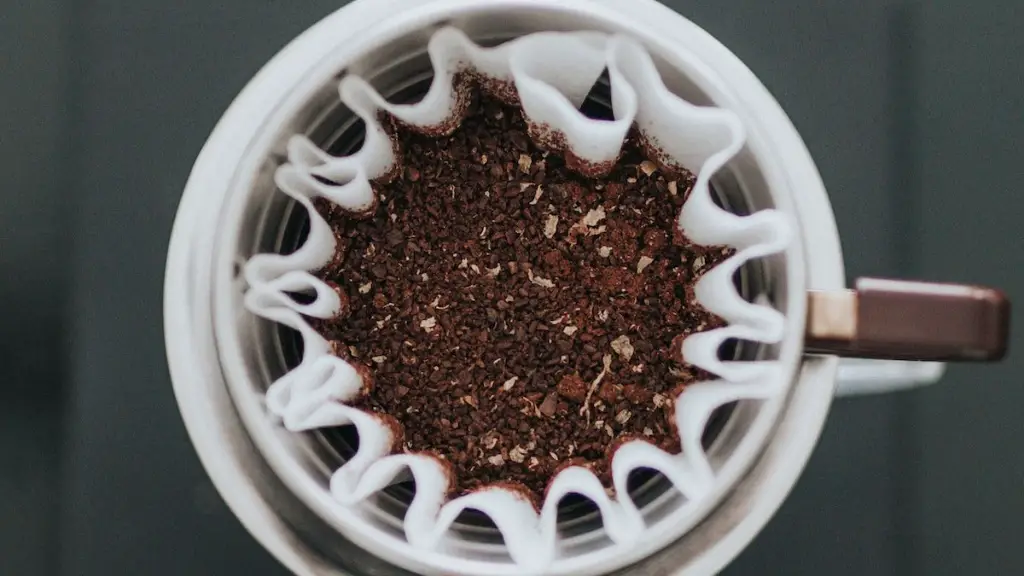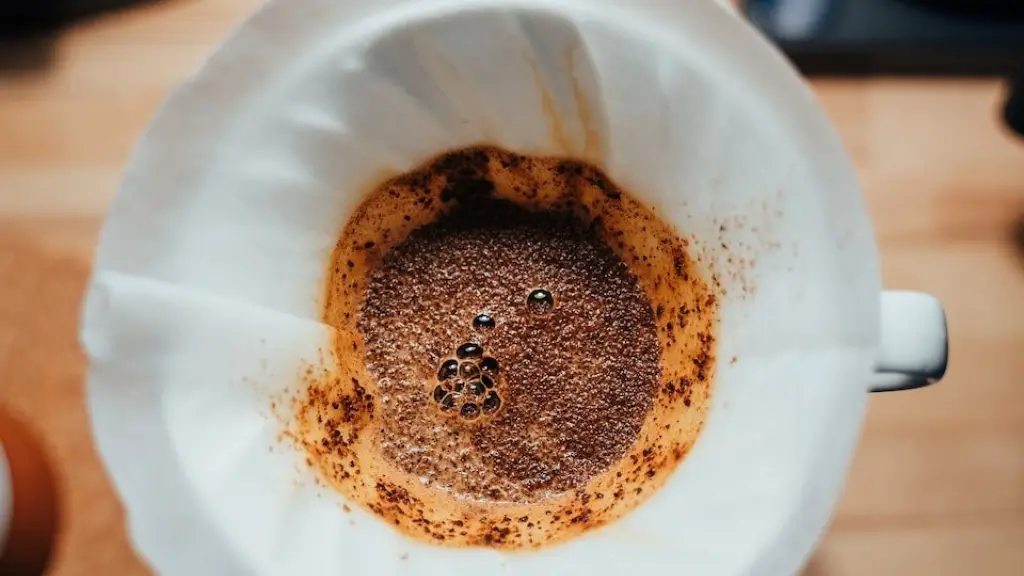Understand Caffeine’s Effect on the Body
Coffee is the most popular way to consume caffeine, with an estimated two billion cups consumed every day in the world. Caffeine is a drug that activates the Central Nervous System and is consumed to increase alertness, concentration and energy. For this reason, many students drink coffee before an exam – typically with the belief that it will help them concentrate better during the test. But when should this coffee be consumed in relation to the exam?
Caffeine Timing Impact
Drinking the correct amount of coffee at the correct time is powerful enough to affect the performance of those taking the exam. Research conducted among undergraduates revealed that when a single dose of caffeine was taken 30 minutes before the exam began, scores noticeably increased. However, when the caffeine was taken one hour before the exam, the increase in scores were less visible.
Caffeine’s Effects on Memory and Alertness
Caffeine is known to not only increase alertness and concentration levels, but also short-term memory. Studies conducted on the Boeing-737 simulator showed an increase in performance skills associated with alertness and memory when pilots consumed a moderate amount of caffeine before their tests.
Writing Skills’ Performance
Although caffeine may enhance performance in the short-term, insofar as, exams are concerned, the effects of caffeine’s dependency are quite negative. Research conducted on college student’s performance has showed that those who consumed caffeine before a writing task, performed worse than those who did not.
Individual Differences in Response to Caffeine
It is important to note that responses to caffeine by individuals may differ. It could be helpful to try different strategies of consuming coffee, in order to learn your individual reactions and preferences.
The Bottom Line
So, when to drink coffee before an exam? While research has shown that consuming coffee 30 minutes before the start of the exam is beneficial, we need to be mindful that each person may react and respond differently to caffeine consumption. Additionally, it is important to continuously monitor yourself when experimenting with coffee consumption, in order to find out how to best benefit from its effects as a performance enhancer.
Calculating the Right Amount of Coffee
The appropriate dose of caffeine largely depends on the individual, the type of the exam, and the form of the caffeine. Generally, however, the right amount of coffee before an exam is one cup of coffee, preferably an espresso. If the individual is not used to consuming coffee, then one cup should be consumed half an hour before the start of the exam.
Avoid Coffee During Everning
It is also important to avoid consuming coffee during the evening before the exam. Caffeine has a half-life of over 6 hours, which means it can remain in the body for a long period. Research has shown that the consequences are fatigue and lower concentration during the exam.
Side Effects of Too Much Coffee
Consuming too much coffee before an exam can also have negative consequences. Caffeine overdosing can lead to agitation, jitteriness, sleeping problems and nausea. In addition, higher doses of caffeine can lead to dehydration and if consumed wildly, can cause peaks in heart rate and affect overall mood.
Alternatives to Coffee
Coffee is not the only form of caffeine that can increase performance. One can also choose alternatives such as energy drinks, pills or tea. But in this case, as with coffee, it is important to understand the individual’s response to the form of the caffeine in order to take the right amount at the right time without being affected by the side effects.
Quitting Caffeine
If an individual experiences constant side effects when consuming caffeine, it may be an indication to either quit or reduce its intake completely. Quitting caffeine abruptly can lead to other unpleasant physical and psychological effects, so one should be mindful of the body’s response when trying to reduce its consumption.
How to Access Caffeine’s Benefits?
It is possible to access the benefits of consuming caffeine before an exam if we consider the right timing and dose, individual responses and the available alternatives. A combination of studying well in advance, sleeping properly, and taking the right amount of caffeine at the right time are some of the steps that can help us make the most out of drinking coffee before an exam.
Timing Caffeine Consumption with Exercises
Exercises before the exam can also have an impact in the reaction to caffeine when consumed beforehand. Research has shown that physical exercises can enhance the effects of coffee on alertness and working memory. In particular, a 30 minutes’ low-intensity exercise can allow the consumption of coffee during the second half of the exercise, improving performance when taking an exam.
Developing a Strategy to Consume Caffeine
In order to drink coffee before an exam and achieve the maximum performance, it is important to develop effective methods and strategies. This includes the right timing and individual assessment, avoiding coffee during the night before the exam and understanding patterns, responding to changes and developing strategies to access the benefits of coffee.
Take Small Steps and Experiment
In general, it is important to take small steps when experimenting with caffeine consumption, and be mindful of individual reactions. Coffee is a powerful stimulant, and if taken at the right time, it can lead to an increase in performance. But if this technique is abused and consumed in higher amounts, the results may be drastically different.



